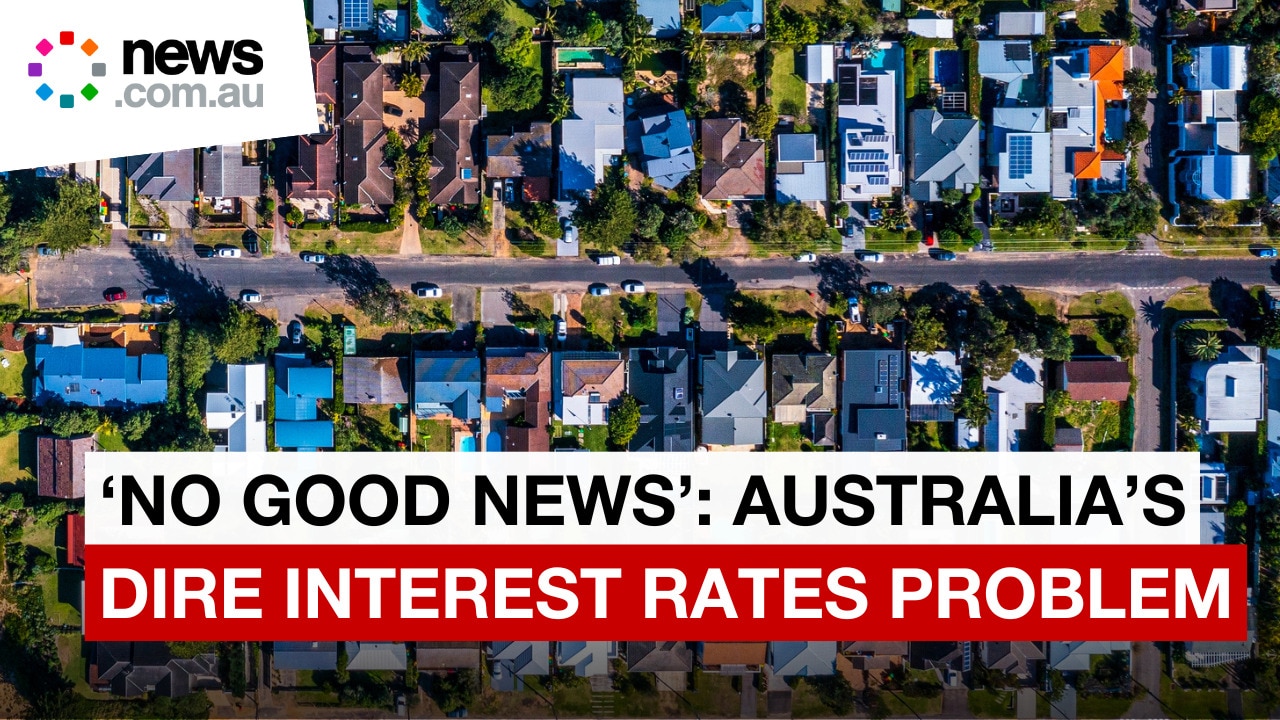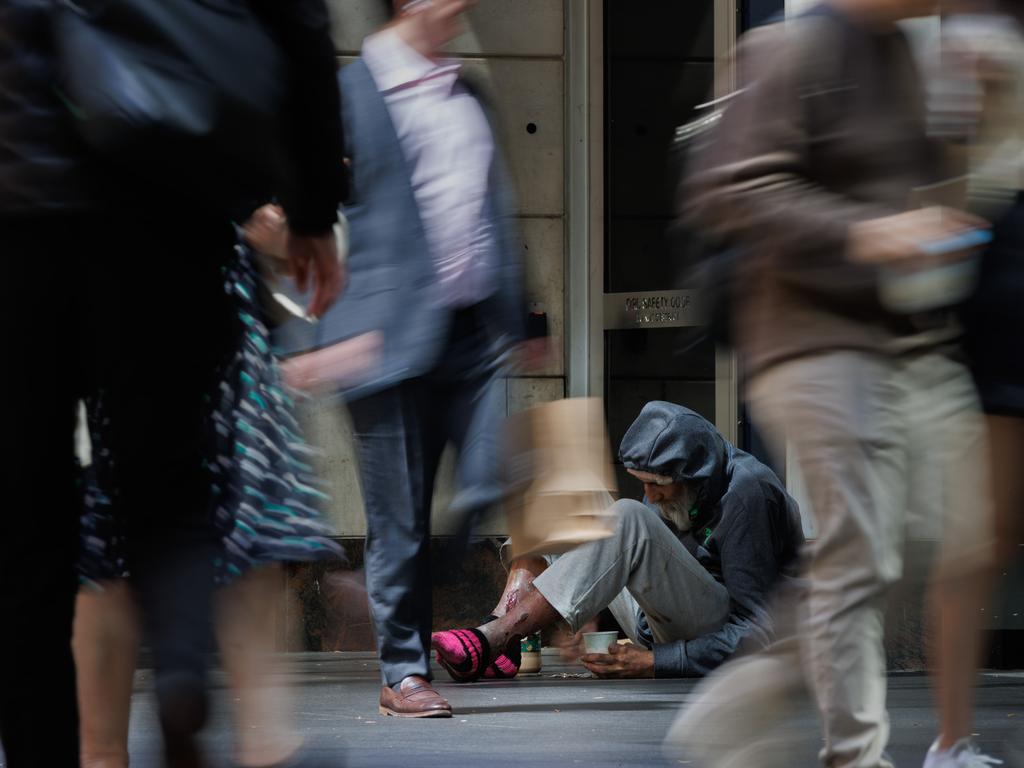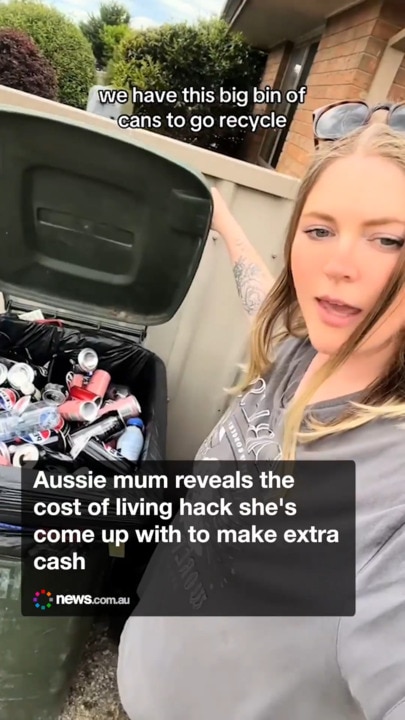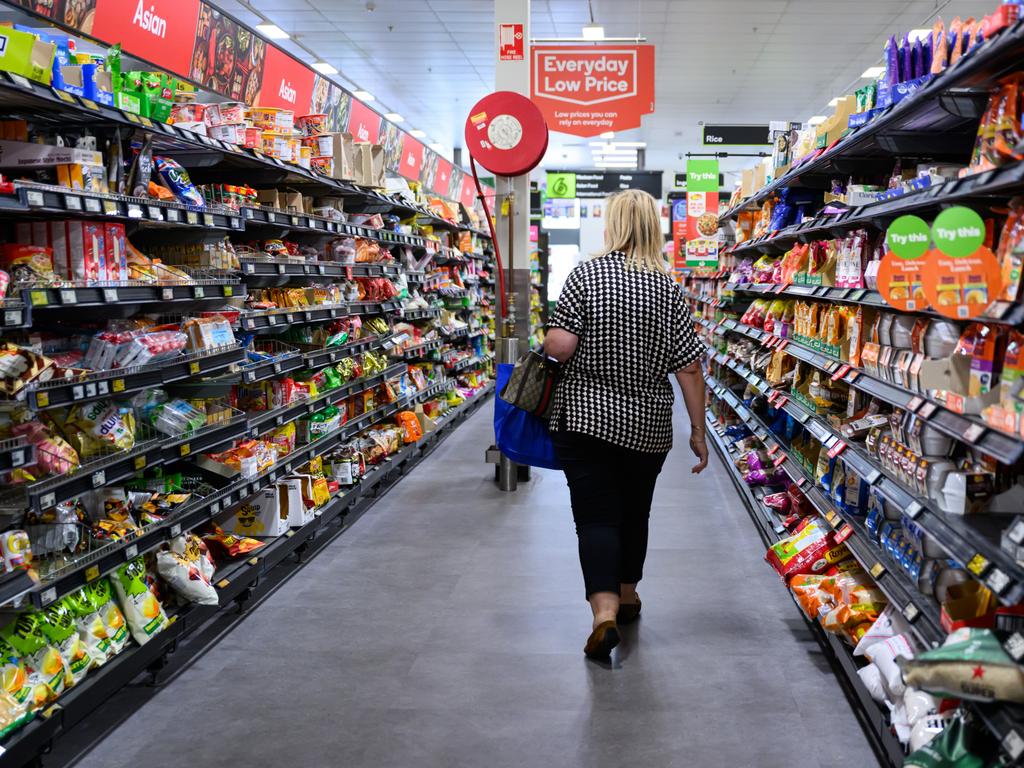The brewing financial crisis no-one is talking about that could leave Aussies in ruins
A surge in demand for risky loans among desperate Aussies indicates the crushing cost-of-living crisis is worse than thought.

A surge in demand for risky and unsecured financial products that could absorb someone’s entire pay packet indicates the cost-of-living crisis is much worse than anyone thought.
Data from credit agency illion shows 45 per cent of Australians have relied on personal loans to cover day-to-day expenses in the past three months.
At the same time, research from loan-matching platform Lendela reveals a 70 per cent pike in the share of loan applications from people aged 35 and under.
“The first sign we look for when examining the impact of the cost-of-living crisis is an increase in unsecured credit, primarily personal loans,” Jake Osborne, head of Lendela in Australia, said.
“Traditionally those loans are for one-off expenses or luxury items, but what we’ve seen lately is different – 45 per cent of unsecured credit being used to cover day-to-day living expenses. That’s really concerning.
“But there’s an even bigger issue that’s being missed.”

In addition to loans and credit cards, more and more Aussies are turning to fringe financial products in desperation – and some are completely overextending themselves.
The boom in buy now, pay later (BNPL) lending is largely occurring without any transparency, no credit checks, and zero communication between lenders, Mr Osborne said.
“What this means is you can go to one provider and get a few thousand dollars, then immediately go to another and get another few thousand. Those providers aren’t obligated to work under the National Credit Consumer Protection Act.”

For those who don’t use BNPL services or who haven’t been a customer in a while, it could come as a surprise that it’s not just traditional retailers accepting those platforms.
These days, consumers can BNPL at department stores like Kmart and Big W, chemists like Amcal, food delivery apps like DoorDash, takeaway chains like Pizza Hut, and even some butchers and grocers.

“On top of that, there’s huge growth in the area of salary or wage advancing,” Mr Osborne said.
“So, you can go to one of these operators and get a portion of your next pay, which is then deducted on the next payday.
“Once again, these lenders aren’t talking to each other, there are no checks or balances, and they’re unregulated. Someone could realistically have three or four of those arrangements in place.
“Given the huge demand for this type of risky product, there’s no doubt that some people will be totally oversubscribed. They’re struggling to keep up with their repayments and they’re falling behind.”

For some in particularly desperate financial situations, there’s a risk of oversubscribing to the point where their entire salary is gone before they even receive it.
“For example, I did a test to see what was possible. If I wanted to, I could access $20,000 in unsecured credit by the end of the day using a mix of those providers.
“That’s with them not really knowing much, if anything about me and my circumstances. That’s without any of them knowing about my arrangements with other lenders.
“I think that’s incredibly problematic.”
About a third of those who used Lendela last month had accessed a pay or salary advance service in the previous quarter, he said.
The popularity of the unregulated products could serve as a “canary in the coalmine” when it comes to the stability or household finances, he said.
Australian Unity today released its latest Wellbeing Index, prepared by Deakin University, which shows one-in-two aged 55 and under have gone without essential items because of money pressures.
Budgetary constraints have contributed to the record low levels of satisfaction with life that were observed in the research.
“Our latest data shows that Australians’ wellbeing remains low, with concerning income and age inequities persisting,” Kate Lycett, a research fellow at Deakin’s School of Psychology, said.
“These findings go against our expectations of social progress, where each generation will be better off than the next, and point to an urgent need to tackle growing national inequities.”
Another set of data released today, MLC’s Financial Freedom Report, prepared by McCrindle Research, shows high levels of financial anxiety among younger Australians.
Almost half of the Generation Z cohort are worried about their finances, while 44 per cent of Millennials and 47 per cent of Gen X are concerned about money matters.
“While Gen Zs typically have fewer financial obligations than older generations, they are the generation that’s most likely to worry about their finances,” the report found.






